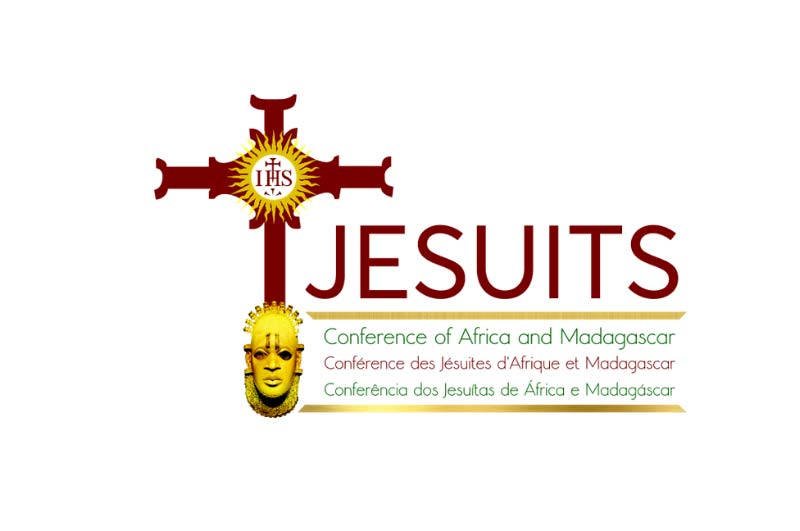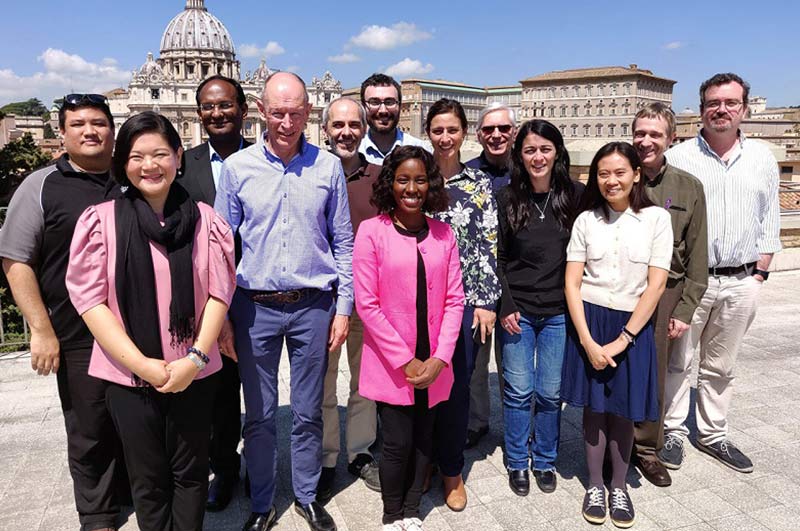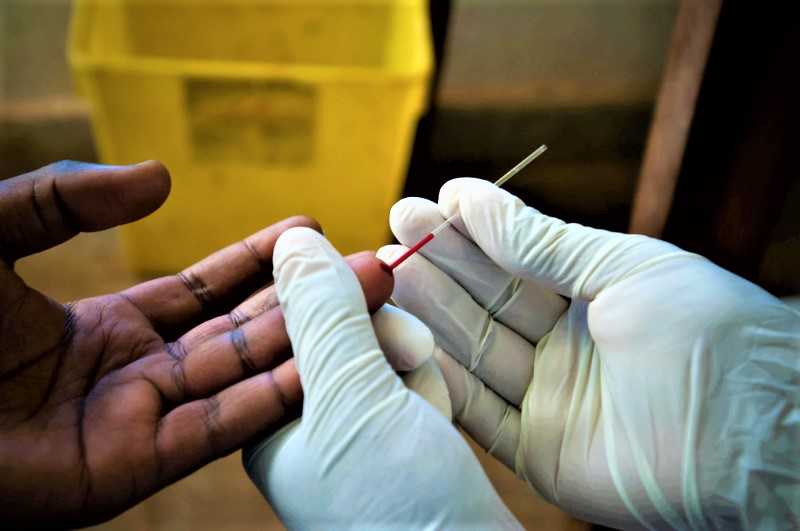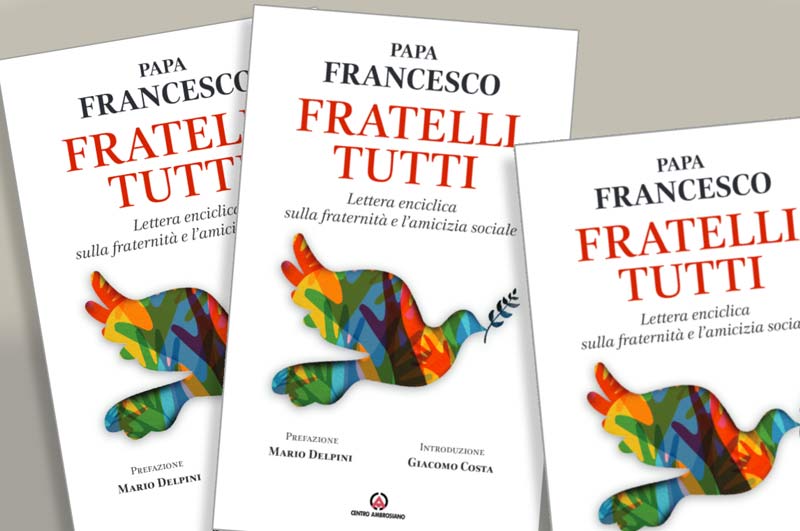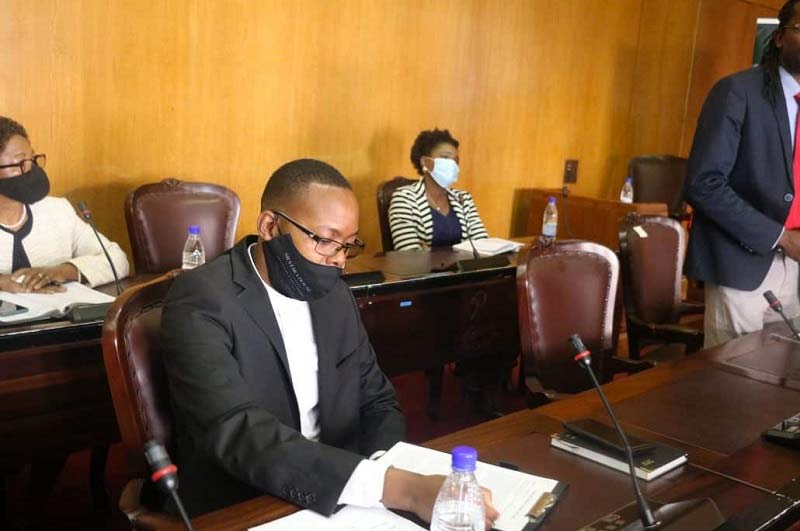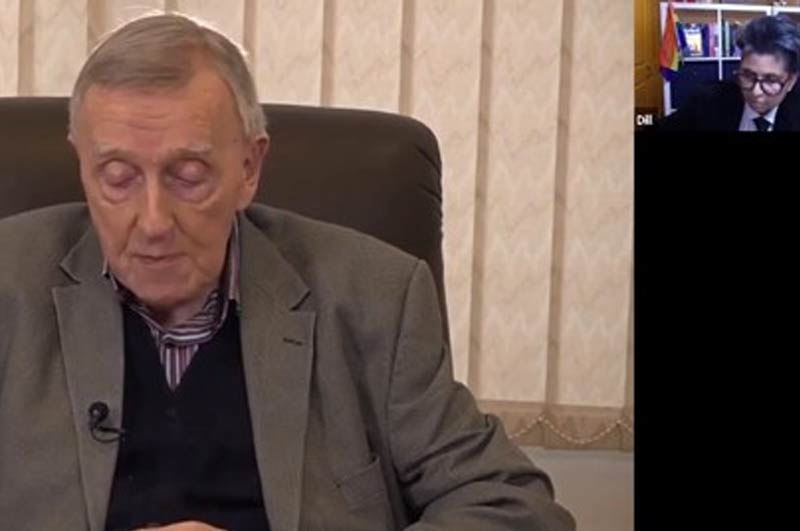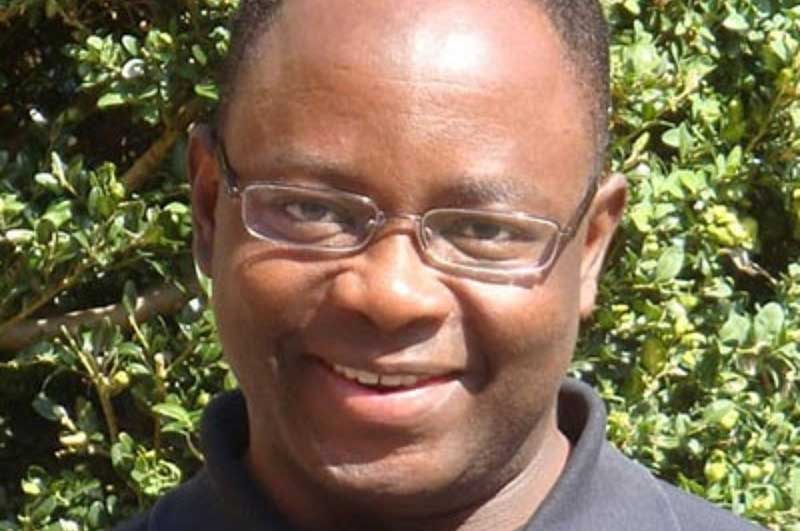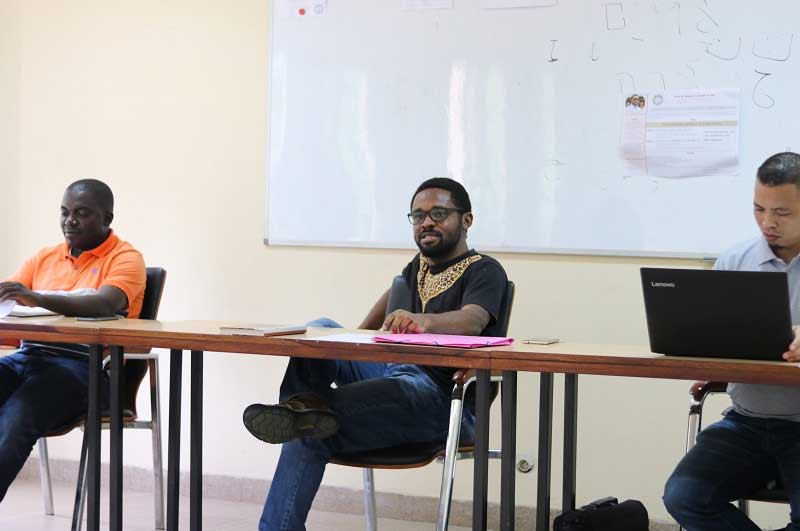


From July 12 to August 12, 2020, 17 scholastics in the final year theology studies at L'Institut de Théologie de la Compagnie de Jésus (ITCJ), gathered at Favre Community at ITCJ to start the first part of Arrupe Month experience. The facilitator was Fr. Abel N’Djomon, SJ. In past years, this event had been held outside Abidjan, but given the current health crisis, the decision was made to stay in Abidjan for this important part of our formation.
The first week of the program, saw us sharing our vocation journeys and grace histories. The deep sharing of the brothers had the effect of drawing us all together into a deeper union of fraternity as we laughed and cried with one another in the sharing of our journeys.
The second week was given to the reading and discussion of certain key documents concerning not only religious life but the sacerdotal life as well. These documents consisted of some encyclicals, letters of Popes, sections of the Bible, and Jesuit documents. This was to give us a sort of grounding to prepare us for the third week of the Arrupe Month.
The third week, which was a very interactive and interesting one, saw us hosting and listening to several personalities. The first person to speak with us was Mgr Pierre Claver, the Vicar General of the Archdiocese of Abidjan. His input was focused on the insertion of the religious priest and his collaboration in the diocesan pastoral project and also his relation with the bishop.

The second talk was by Fr. Hyppolite Agnigori, the parish priest of St. Jean in Cocody, Abidjan. His session was very practical as he gave us certain guidelines in relation to managing a parish with all its challenges and joys. A sister, Sr. Annick Flore, also spoke with us on the theme of the priest and his relations with the feminine world, with emphasis on affectivity and sexuality. We also had present a lay couple and a youth, who shared with us what their expectations of priests. The third week ended with input from Fr. Guy Savi, SJ, a Jesuit priest, who also shared with us his experience of being a Jesuit priest, from his ordination till the present time.

In short, one could say that the third week helped open our eyes to the reality of clericalism and also an intimate look into the real incidence of sexual-abuse scandals. It is usually easy to read about these things but having people who have experienced these things firsthand give us a deeper insight and understanding of the reality and prevalence of the situation.
The second part of the Arrupe Month was the 8-day retreat which took place at the Monastery of the Poor Claires in Abobote, Abidjan. It was a moment of deepening further in prayer all that we had lived and heard these past three weeks in order to help us make a good election.
The Arrupe Month was however not just talks and prayers, since we were still technically in the larger ITCJ community, we took the opportunity to engage the rest of the community in a football match. The “Arrupeans” triumphed 6-3. It was a game of class where we played with the attacking prowess of Liverpool, the midfield dexterity of Manchester City, and the doggedness of Arsenal in the FA Cup final. We also had some outings to relax and breathe a little after having being cooped up in the community for an extended period of time.
On the whole, we thank God for the opportunity to have taken part in this all part of our formation towards the priesthood, even in this time of Covid-19.
Related Articles
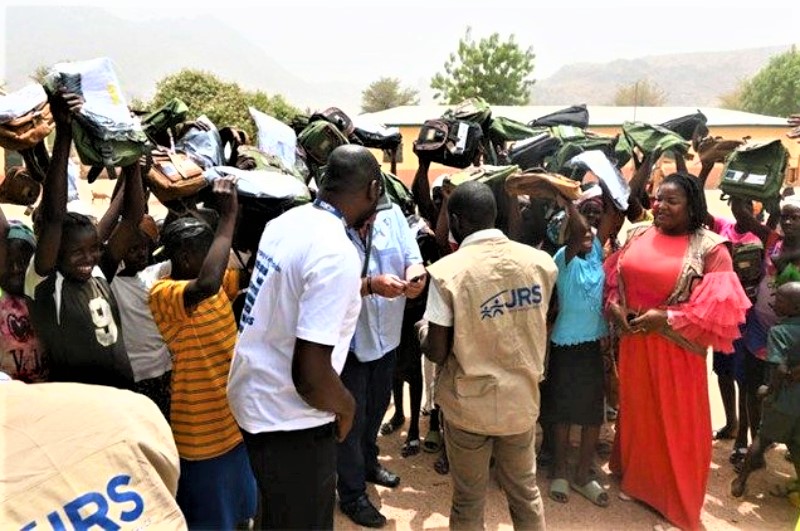
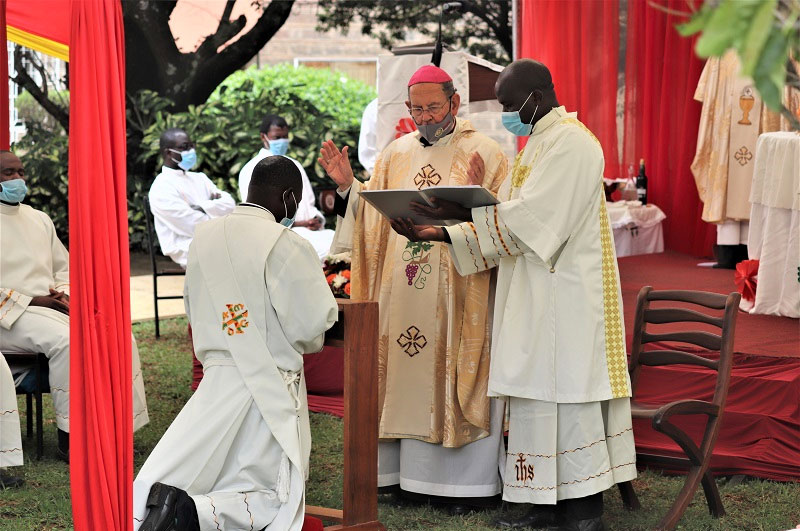
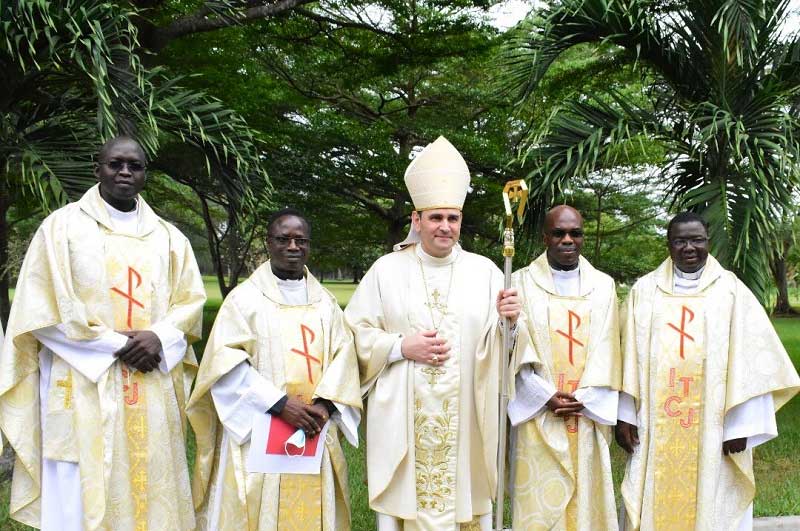
Select Payment Method
Pay by bank transfer
If you wish to make a donation by direct bank transfer please contact Fr Paul Hamill SJ treasurer@jesuits.africa. Fr Paul will get in touch with you about the best method of transfer for you and share account details with you. Donations can be one-off gifts or of any frequency; for example, you might wish to become a regular monthly donor of small amounts; that sort of reliable income can allow for very welcome forward planning in the development of the Society’s works in Africa and Madagascar.
Often it is easier to send a donation to an office within your own country and Fr Paul can advise on how that might be done. In some countries this kind of giving can also be recognised for tax relief and the necessary receipts will be issued.


